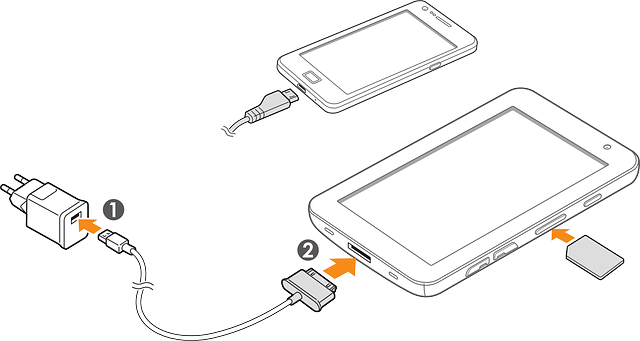Robocalls have become a significant issue in North Carolina, with both federal (TCPA) and state laws protecting residents from unwanted automated calls. Individuals can sue for damages if they receive unsolicited robocalls, but understanding their rights and consulting a specialist is crucial. Basic protection includes registering on the National Do Not Call Registry, reporting robocalls to the FTC, using call-blocking apps, and being cautious with personal info. These strategies collectively aim to minimize the impact of robocalls and offer potential legal recourse through suing for violations in North Carolina.
In the modern era, robocalls have become a ubiquitous yet unwanted nuisance for North Carolinians. This article delves into the prevalence of automated phone calls in the state and explores the legal frameworks designed to combat them. We examine options available to victims and delve into effective strategies to reduce robocalls, including legal actions like suing for robocalls under North Carolina laws. Understanding these measures is crucial for navigating this modern challenge.
Understanding Robocalls and Their Prevalence in North Carolina
Robocalls, automated phone calls delivered en masse, have become a ubiquitous yet nuisance for many North Carolinians. These pre-recorded messages, often promoting political candidates, businesses, or charitable causes, are overwhelming for recipients and have sparked widespread frustration across the state. With advancements in technology, robocallers can now easily target specific demographics or even individual phone numbers, making it difficult to escape their relentless calls.
In North Carolina, as in many other states, robocalls have prompted legal questions, especially regarding consumer protection and privacy rights. One common query is whether individuals can legally sue for robocalls, particularly if the calls are unwanted or violate state laws. Understanding the prevalence of these automated calls is crucial to navigating the legal landscape surrounding them, including exploring potential remedies like suing for robocalls in North Carolina.
Legal Frameworks for Addressing Robocalls in NC
In North Carolina, like many other states, robocalls have become a significant nuisance and legal challenge for residents. While federal laws, such as the Telephone Consumer Protection Act (TCPA), offer some protections against unsolicited automated calls, state-level legislation is also crucial in addressing this growing issue. North Carolina has implemented its own legal frameworks to combat robocallers, providing individuals with certain rights and remedies.
One key aspect is the ability to sue for damages if a resident receives unwanted robocalls. The TCPA allows for private lawsuits against companies or individuals who make or cause these calls, offering monetary compensation for each violation. This has encouraged legal action against robocallers, providing a deterrent and potential financial burden on those engaging in illegal automated telemarketing practices in North Carolina.
The Options for Victims of Unwanted Robocalls
If you’re receiving unwanted robocalls in North Carolina, know that there are several options available to take action. One course is to register your phone number on the National Do Not Call Registry. This federal list restricts telemarketers from calling numbers listed on it. Unfortunately, it doesn’t block all robocalls, as many of these calls originate from automated systems not covered by the registry.
Legal recourse is also an option for North Carolina residents facing persistent robocalls. Depending on the nature of the call and local laws, you may have grounds to sue for damages or seek injunctive relief against the caller. However, before considering legal action, consult with a lawyer specializing in telecommunications law to understand your Can I Sue For Robocalls North Carolina rights and the best course of action.
Effective Strategies to Reduce and Prevent Robocalls
Robocalls have become a significant nuisance for many North Carolinians, prompting lawmakers to find effective solutions. While blocking and avoiding such calls is a common strategy, it’s not always successful. To combat this issue, individuals can take proactive measures. One powerful tool is to report unwanted robocalls to the Federal Trade Commission (FTC), which tracks and acts upon these complaints, potentially leading to legal action against perpetrators.
Additionally, North Carolina residents can help reduce robocalls by being cautious with their personal information. Refraining from sharing numbers or details on unknown calls can limit potential targets. Using call-blocking apps and registering for the National Do Not Call Registry are further steps that empower individuals to reclaim control over their communication. As a collective effort, these strategies can make a significant difference in minimizing the impact of robocalls on North Carolina’s citizens, including the possibility of legal recourse through suing for robocalls, should perpetrators violate privacy laws.






